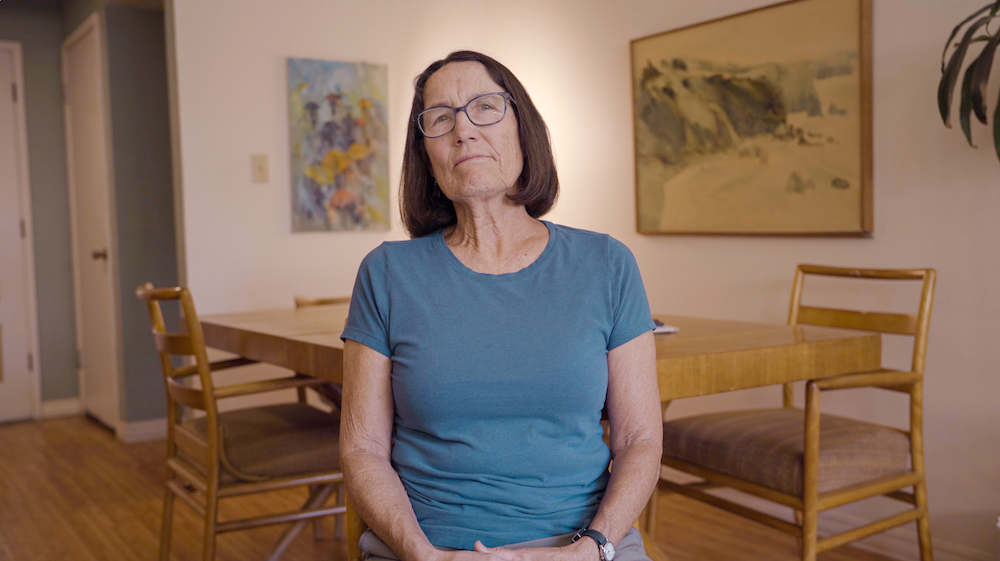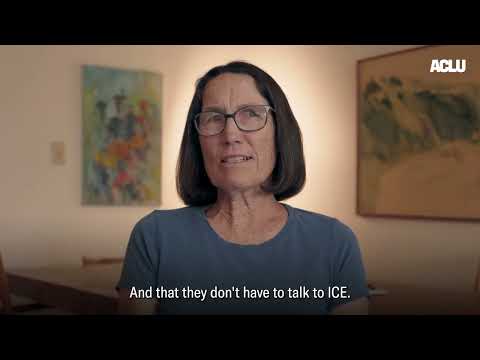A lot of people think that immigrants in detention must have done something wrong, but many people have not broken any laws and yet they are still detained. Some have no family anywhere near their detention center and no idea how long they may be held. I decided to visit these individuals. That’s how KWESI began, as a visitation group.
KWESI is a group of volunteers who visit immigrants held in government detention. It’s named after a Ghanaian man, Kwesi, who was transferred to the Mesa Verde detention center in California. The center opened in 2015 and could detain 400 humans. Government agents swiftly started transferring people from other jails and detention centers in the area. With KWESI, I started out visiting a lot of asylum seekers from various countries like Ghana, Cameroon, and El Salvador who were detained and whose families could not visit, either because they live too far away or because their family members were also undocumented.

Kwesi, the Ghanaian man we decided to name our volunteer group after, was among those detained in Mesa Verde. He had no family anywhere in the United States. Our group began making weekly visits to the center, and over time, began to develop a relationship with Kwesi and those like him. I remember, specifically, Kwesi telling me that because of our visits he felt like he existed. In a moment when no one else in the world knew where he was or that he was being detained, he felt seen. Our organization honors Kwesi and his experience. Today, KWESI stands for “Kern Welcoming and Extending Solidarity to Immigrants.”
"In a moment when no one else in the world knew where he was or that he was being detained, he felt seen."
Since the election, our organization has assisted not only immigrants in detention, but also those in our communities. We’re a part of a rapid response network that accompanies people who may have check-ins with Immigrations and Customs Enforcement (ICE), or other government appointments that they feel nervous to go to. We also conduct trainings and hand out Know-Your-Rights cards to inform immigrants of their legal protections. This outreach is so important because it works. If somebody hands an ICE agent a card saying, “now I'm taking the Fifth,” meaning invoking the Fifth Amendment right to remain silent, it can deter the authorities who’re counting on people not knowing their rights.
When we started this organization, I did not think I would still have to be doing this work years later. But it’s our 10th anniversary this year and I don't think that's a good thing. ICE detention is an unnecessary evil where we isolate and deprive human beings of their basic freedoms. Why? Why are we taking away their freedoms when we are “the land of the free?” They are our neighbors, our family members, and our friends.
"...It’s our 10th anniversary this year and I don't think that's a good thing."
In my previous work as an English-as-a-Second-Language (ESL) teacher, I used to teach refugees from Vietnam and Cambodia. I heard their stories and was just so impressed with their resilience and determination. That’s part of how I maintain hope. I've met so many over the last 10 years who had nothing but hope; no family here, no jobs, no prospects—but they had hope. To me, that hope is an antidote to despair.

